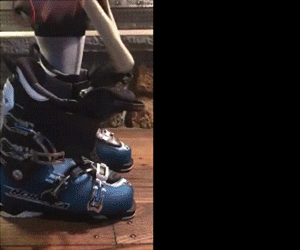marzNC
Angel Diva
For those of us who are flatlanders, taking into account high altitude when planning a ski trip to a big mountain is important. For me, one reason I ski Utah instead of Colorado is altitude. Not the primary reason, but definitely a factor. Having the option to sleep at under 5000 ft for at least the first few days and still have a short, easy drive for prime skiing can be helpful.
There is a good EpicSki article about Altitude Adaptation and Acute Mountain Sickness (AMS) written in 2006 by a physician associated with the Colorado Center for Altitude Medicine and Physiology.
Good tips in this Diva thread from a few years ago:
https://www.theskidiva.com/forums/index.php?threads/coping-with-altitude-and-long-runs.2711/
For most people, dealing with high altitude is a minor issue with a bit of planning. How long does the adjustment usually take for you?
There is a good EpicSki article about Altitude Adaptation and Acute Mountain Sickness (AMS) written in 2006 by a physician associated with the Colorado Center for Altitude Medicine and Physiology.
Good tips in this Diva thread from a few years ago:
https://www.theskidiva.com/forums/index.php?threads/coping-with-altitude-and-long-runs.2711/
For most people, dealing with high altitude is a minor issue with a bit of planning. How long does the adjustment usually take for you?


